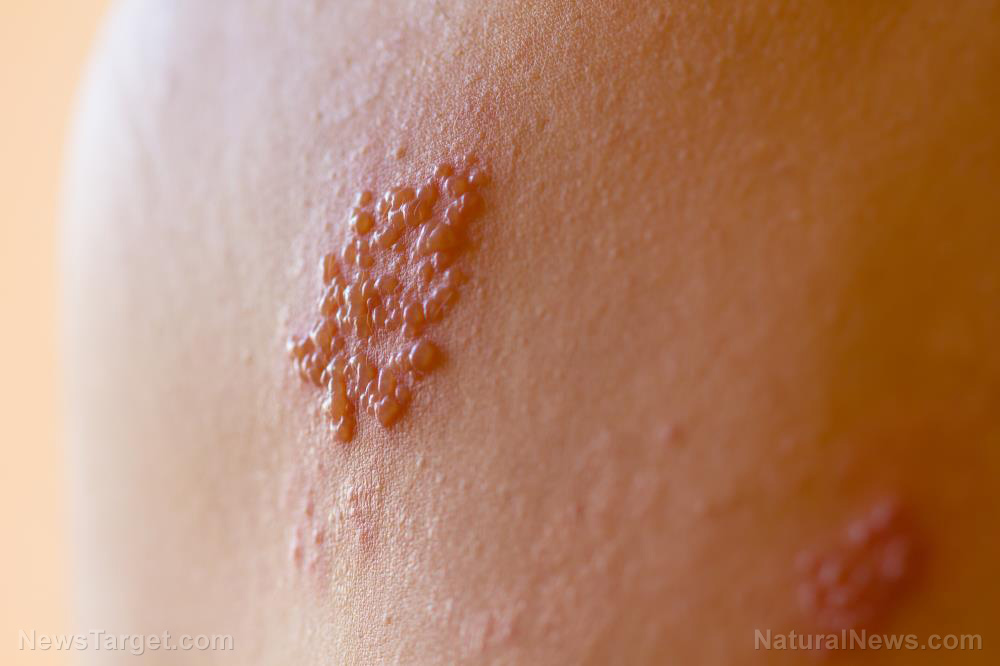EPIC prospective study ranks the nutritional quality of food
06/04/2019 / By Michelle Simmons

A team of European researchers conducted a prospective analysis of the association between the Nutrient Profiling System of the British Food Standards Agency (modified version) (FSAm-NPS) score of foods and cancer risk in a large and diverse European population. The results of their study were published in the journal PLOS Medicine.
- This study is part of a comprehensive assessment of the validity of FSAm-NPS as underlying nutrient profiling system for front-of-pack nutrition labels in Europe.
- The research team analyzed the association between the FSAm-NPS score of the food consumed – which reflects their nutritional quality – and cancer risk in 471,495 adults from 10 European countries, 49,794 of which were newly diagnosed cancer cases.
- The participants involved with the study constituted the European Prospective Investigation into Cancer and Nutrition (EPIC) cohort – the same population involved with a 15-year multicenter prospective cohort study investigating metabolic, dietary, lifestyle, and environmental factors in relation to cancer and other chronic diseases.
- The type of dietary questionnaire used varied according to study centers and included: Self- or interviewer-administered semi-quantitative food frequency questionnaires (FFQs) with an estimation of individual average portions or with the same standard portion assigned to all subjects, or diet history questionnaires combining an FFQ and 7-day dietary records.
- The researchers calculated the FSAm-NPS score for every food or beverage using its 100-gram content in energy, sugar, saturated fatty acid, sodium, fibers, proteins, and fruits, vegetables, legumes, or nuts.
- They averaged the FSAm-NPS scores of all food items commonly consumed by a participant to obtain the individual FSAm-NPS Dietary Index (DI) scores.
- A high FSAm-NPS DI score indicated lower nutritional quality of the food consumed.
- The researchers found that consumption of foods with higher FSAm-NPS DI scores is associated with higher risks of various forms of cancers, such as colorectal, lung, liver, and breast cancer.
These findings support the relevance of using the FSAm-NPS to grade the nutritional quality of food products as a basis for prevention strategies for cancer and other diseases.
Journal Reference:
Deschasaux M, et al. NUTRITIONAL QUALITY OF FOOD AS REPRESENTED BY THE FSAM-NPS NUTRIENT PROFILING SYSTEM UNDERLYING THE NUTRI-SCORE LABEL AND CANCER RISK IN EUROPE: RESULTS FROM THE EPIC PROSPECTIVE COHORT STUDY. PLOS Medicine. 18 September 2018;15(9):e1002651. DOI: 10.1371/journal.pmed.1002651
Tagged Under: #nutrition, cancer risk, chronic diseases, diet, dietary intake, disease prevention, food choices, food labels, Nutri-Score label, nutritional profiling, nutritional quality, prevention, research



















